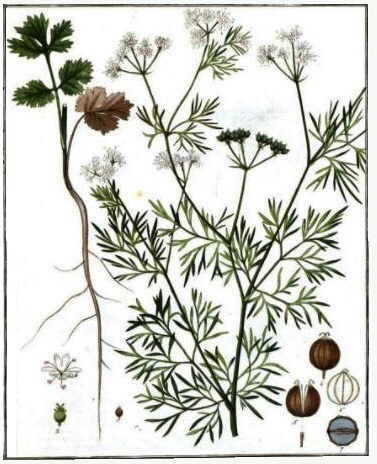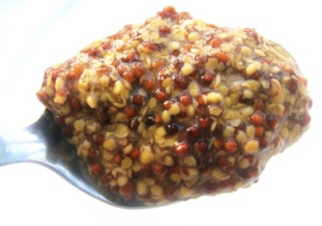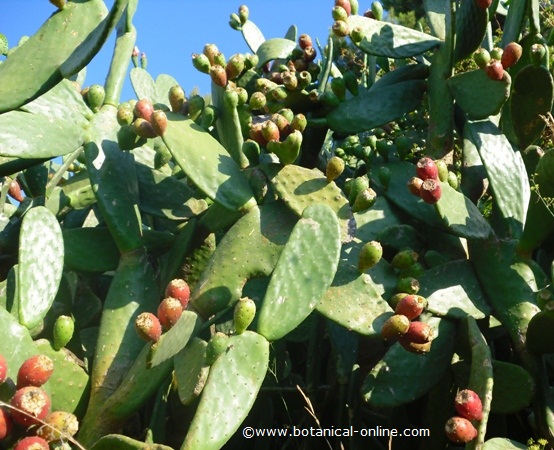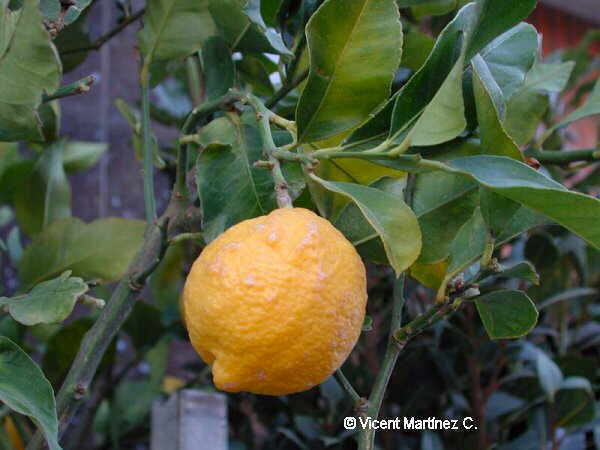Herbal remedies for obstructive sleep apnea
How to treat obstructive sleep apnea with natural procedures
For the treatment of obstructive sleep apnea we can use a variety of resources that can help the person with this disorder to facilitate the passage of air through the respiratory channels.
Medicinal plants for the treatment of apnea
Phytotherapy in the treatment of apnea focuses on the use of a number of plants that help to remedy some of the causes that may produce this sleep disorder:
- Plants for obesity: The use of herbal diuretics, along with a proper weight loss diet and appropriate physical activity for each person, helps reduce body weight which can solve problems or improve nocturnal breathing pauses.
- Plants for quitting tobacco: Appropriate herbal medicine can help overcome the withdrawal of the smoker who wants to leave the habit. Quitting smoking will encourage higher air inhalation. Among such plants we can point out:
- Licorice (Glycyrrhyza glabra) It’s very good to suck a piece of licorice root when you have the desire to smoke, not only because it replaces the sucking reflex of smoking cigar but because this plant contains principles that help detoxify the body and make us feel the tobacco taste disagreeable.
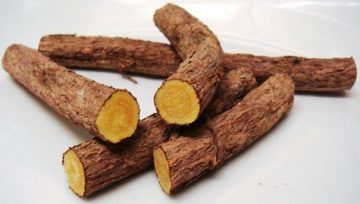
- Sunflower (Helianthus annuus) Eating raw seeds stops compulsive need smokers experience when trying to stop smoking. Sunflower cookies that can help in this regard.
- Apple (Malus domestica) Some apple cure can help avoid smoke (Eat only a couple of kilos of apples for two or three days)
- Oats (Avena sativa) Extract of oats can accomplish similar effects. Use it according to consume leaflet.
- Carrot (Daucus carota) You can overcome the urge to smoke by eating raw carrots.
- Chamomile (Matricaria chamomilla) It can be used to treat vomiting when we quit smoking. (Infusion of a spoonful of flower per cup of water. Take a couple of cups a day)
Sedative plant remedies for the treatment of obstructive sleep apnea?
One might think that the use of herbal tranquilizers, such as valerian, may help improve sleep and breathing in people suffering from obstructive sleep apnea.
However, the use of these plants, like the traditional use of tranquilizers, determines an excessive relaxation of the muscles in the neck, which impedes the airways to remain open enough. The use of these type of plants would worsen apnea.
Tips to favor a better breathing
Among the more interesting ones, we can point out:
- Sleeping on one side of your body: It has been demonstrated that lying on one side of the body benefits the entry of air into the lungs. Breathing may be more difficult when you sleep on your back. It is not advisable to sleep upside down.
To avoid falling asleep on your back you can use the trick of sewing some object on the back of your pajamas, so that, when lying on it, you will feel uneasy and you will change your position. When you get used to it, you will turn even sleeping.
- Sleeping with your head in a higher position : Raising the head slightly above the level of the bed is adequate to improve breathing. You should both raise the chest and the head. To do this possible you can use any mechanical bed or or you can place an object under the legs of the bed where your head is located.
It is also more desirable to use a pillow than sleeping directly on the mattress.
Treatment of the factors that can cause of worsen apnea
- Alcohol: It has been proved that leaving alcohol often solves the problem of apnea.
- Obesity: Treatment of obesity generally entails an improvement in nocturnal breathing. By reducing weight, many people with apnea solve problems or improve this condition. (See natural diets for obesity)
- Tobacco: Quitting smoking can help improve this disorder.
- Tranquilizers: The use of tranquilizers produces an excessive relaxation of muscles in the neck that must maintain a certain tension for the respiratory channels remain open and allow adequate air passage. When you stop taking these drugs, you will quickly notice improvement.
![]() More information on sleep remedies
More information on sleep remedies

